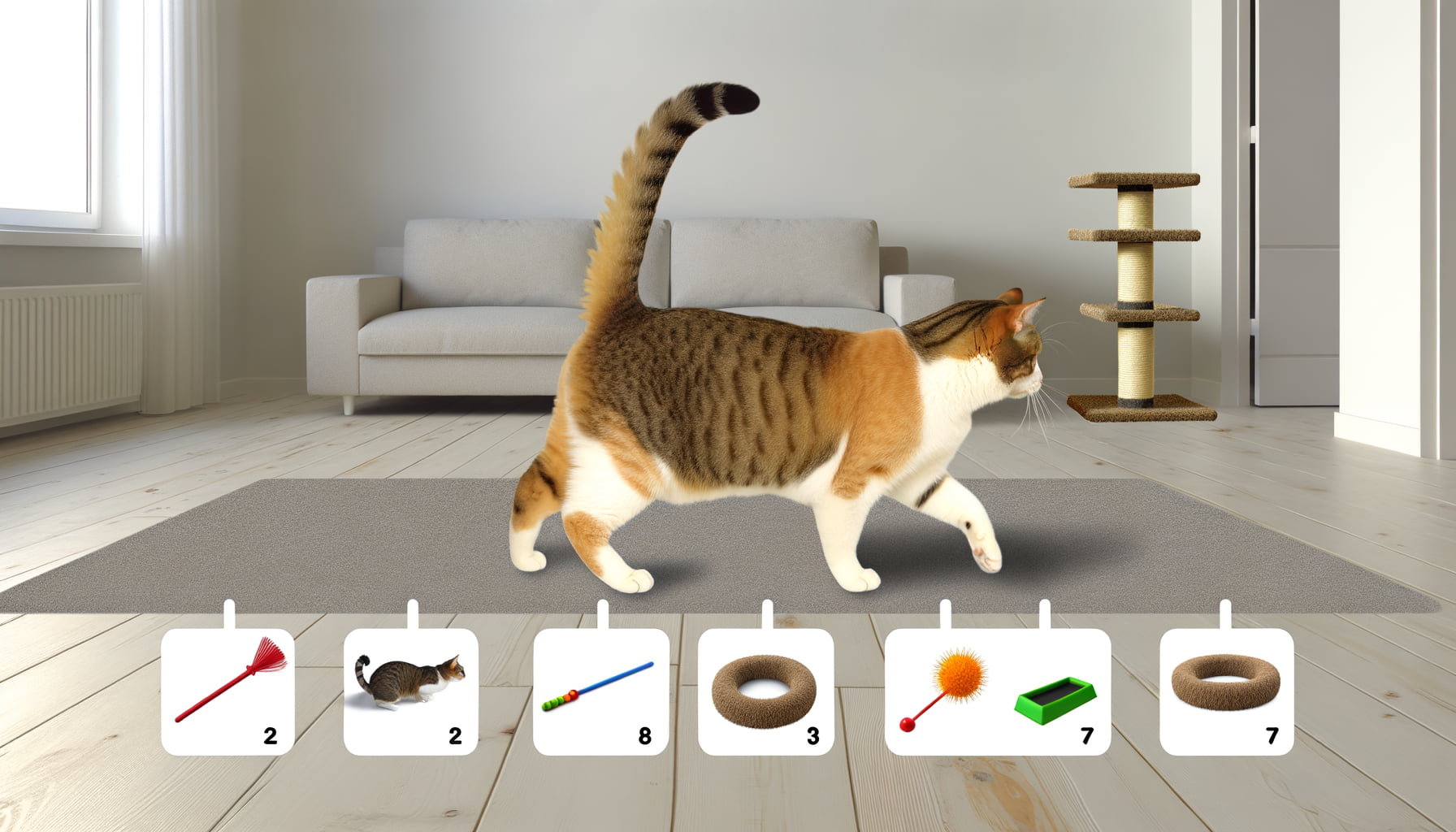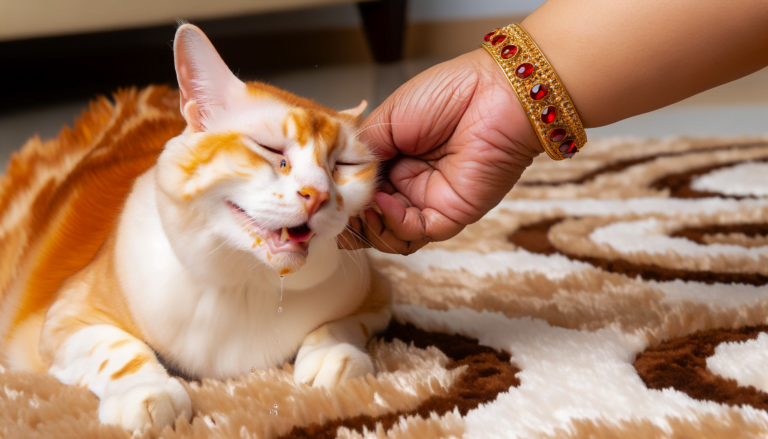Unraveling Feline Mysteries: Why Cats Choose to Lounge in their Litter Box
Cats may occupy their litter box when experiencing stress or health concerns. Anxiety could stem from various instances such as changes in their environment, unfamiliar objects, or sudden loud noises, leading them to the litter box for a sense of security. If evident stressors are not present, this behavior might indicate potential medical problems – kidney disease, urinary tract infections, or bladder stones. Always ensure your cat’s comfort and consult a veterinarian for any irregular behaviors to promptly address the issue.
Health Issues

While it’s often a quirk of feline behavior, a cat lounging in its litter box may also indicate health problems. In the realm of feline health, urinary problems, especially urinary tract infections, are particularly common. Cats with such conditions tend to associate the relief they feel post-elimination with their litter box, thus spending more time there.
Besides urinary disorders, gastrointestinal problems may also account for this odd behavior. Cats suffering from constipation or other digestive discomforts may stay in their litter box longer, mistakenly associating it with their distress. To be certain, veterinary consultation is required in case of persistent or prolonged litter box lounging.
One must also consider the possibility of arthritis or other mobility issues. Older or overweight cats might find the texture and depth of litter more comfortable to rest on particularly if climbing onto their regular lounging spots gets stellar. Kitty health and wellbeing should always be the top priority; noticing changes like these in their behavior will assist owners in early detection and treatment of potential health issues.
Role of Environment

Understanding a cat’s environment plays a pivotal role in shaping its behavior, including its peculiar litter box habits. One might be desirous to uncover the mysteries behind why cats choose to lounge in their litter box. The answer lies primarily in the concept of environment adequacy. Cats, as territorial creatures, mark their grounds – a litter box being one such territory.
For cats, lounging in a litter box could be a signal of inadequate space in the household. If a cat doesn’t have enough areas to claim as its own, the litter box remains its last resort. This underlines a cat’s basic instinct to establish and maintain control over its environment. For owners, the remedy may be as simple as providing cats with spacious, cat-friendly environments.
Moreover, a crucial factor to comprehend is a feline’s litter box preference. Some cats may not just fancy the litter box as a restroom spot, but also as a cool, cosy sleeping niche. It is significant to remember that individual preferences can vary greatly among felines. Therefore, observing a cat’s litter box usage can provide captivating insights into its preferential nuances.
Emotional Factors

Cats often display behavior that seems perplexing to us, and one of such behaviors includes taking up residence in their litter box. This habit can sometimes be traced back to emotional factors like stress and anxiety. Cats experiencing distress may revert to their litter box as it is a familiar and claimed territory, offering an odd form of comfort.
Unfamiliar environments, sudden changes, or even new additions to the family may trigger stress and anxiety in cats, pushing them into these solitary spaces. Most importantly, it’s essential to remember that each feline is unique in how they express and address their feelings.
In such situations, providing additional safe zones or shelters in your home can offer your cat alternate sites to retreat. Incorporating regular playtime can further help in alleviating the stress and anxiety. But remember, forcing a change in behavior can enhance their distress levels, thereby reinforcing their unusual litter box behavior.
Understanding Cat Behavior

Discerning the mysteries of cat behavior can be quite a challenge. Peculiar habits such as lounging in the litter box can seem odd to us. However, within the feline world, such actions can have significant meaning. Cats are innately clean creatures who choose their lounging spots with thought. Resting in a litter box might indicate they view it as a safe, controlled space.
Our feline companions are creatures of routine, and their habits carry a more profound significance than they might initially appear. The litter box ritual is an essential aspect of understanding cat behavior. In the wild, cats cover their waste to prevent detection by predators. This instinctive trait persists in domestic cats, and their litter box represents a personal territory where they feel secure.
With careful observation, our understanding of these puzzling behaviors can grow, allowing us to improve their wellbeing and happiness. Remember, consistency is a key trait among cats. If a cat starts to lounge in the litter box suddenly, it’s noteworthy as it could be a sign of change, be it emotional or physical. Knowing this helps us decipher their actions and respond accordingly, making our bond with our feline friends even stronger.
Conclusion
As we continue to unravel the mysteries of feline behavior, the phenomenon of cats choosing to lounge in their litter box remains an intriguing puzzle. Through exploring various factors such as comfort, security, and territorial instincts, we can begin to understand this baffling behavior more clearly.
By delving into the unique mindset of our feline friends, we gain valuable insights into their complex preferences and behaviors. While this puzzling behavior may seem strange to us, it serves as a fascinating reminder of the intricate and enigmatic nature of our beloved feline companions.






